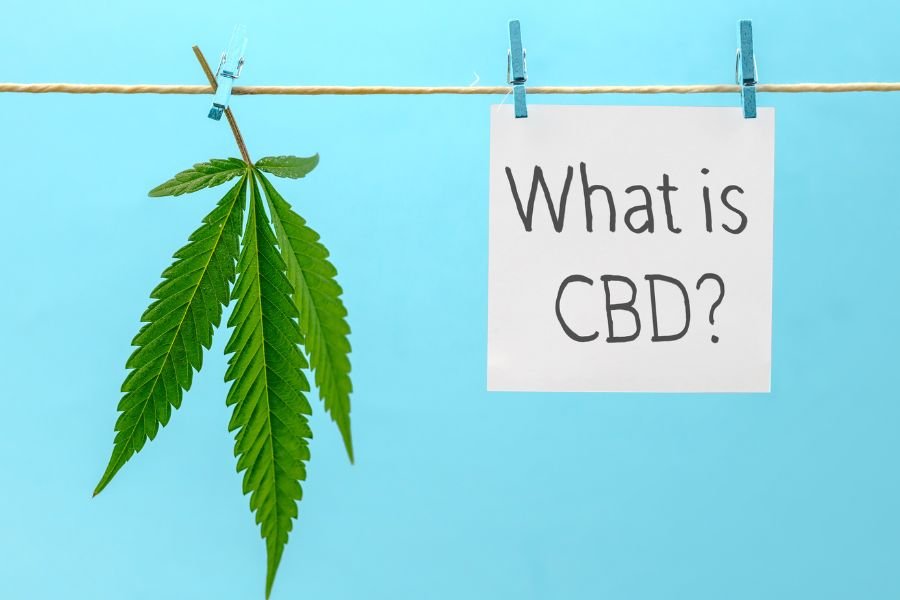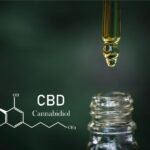Understanding CBD: A Comprehensive Guide to Cannabidiol
Cannabidiol, or CBD, has emerged as a topic of significant interest and conversation in recent years. This natural compound, derived from the cannabis plant, has captured the attention of the medical community, researchers, and consumers alike due to its potential therapeutic benefits. In this article, we will delve into what CBD is, its properties, potential health benefits, legal status, various forms, possible side effects, considerations for dosage and quality, and the ongoing research surrounding this fascinating compound.
Non-Psychoactive Nature of CBD
One of the most defining characteristics of CBD is its non-psychoactive nature. Unlike its close relative, tetrahydrocannabinol (THC), CBD does not induce the euphoric “high” commonly associated with marijuana use. This critical distinction makes CBD a safe option for individuals seeking relief from various conditions without experiencing alterations in their mental state.
Exploring Potential Health Benefits
The potential health benefits of CBD have generated considerable excitement and research interest. While it’s important to note that CBD is not a miracle cure, emerging studies suggest a range of potential therapeutic applications. Some of the most frequently reported uses for CBD include:
- Pain Management: CBD may help alleviate pain, making it an appealing option for individuals dealing with chronic pain conditions.
- Anxiety and Stress Reduction: CBD has shown promise in reducing anxiety and stress levels, providing a potential natural remedy for those struggling with these common issues.
- Improved Sleep: Some individuals report improved sleep quality and relief from insomnia when using CBD.
- Seizure Relief: Epidiolex, a CBD-based medication, has received FDA approval for the treatment of certain types of epilepsy, further highlighting its potential in this area.
Legal Considerations
The legal status of CBD varies widely by region and country. In the United States, for example, CBD derived from industrial hemp containing less than 0.3% THC is legal at the federal level. However, state laws can differ significantly, so it’s crucial to be aware of the specific regulations in your area.
Diverse Forms of CBD Products
CBD is available in various forms to suit different preferences and needs. Common options include CBD oils, tinctures, capsules, edibles, and topical creams. The choice of product often depends on the individual’s intended use and personal preferences.
Possible Side Effects and Precautions
While CBD is generally considered safe, some users may experience side effects such as dry mouth, dizziness, or changes in appetite. It’s advisable to consult with a healthcare professional before incorporating CBD into your wellness routine, especially if you are taking medications or have underlying health conditions.
Dosage and Quality Considerations
Determining the right CBD dosage can be a complex task as it varies from person to person. Additionally, the quality of CBD products can vary significantly. To ensure safety and efficacy, it’s crucial to choose high-quality CBD products from reputable sources, as these products often undergo rigorous testing for purity and accurate labeling.
Ongoing Research and Future Prospects
CBD remains a subject of extensive research, and new findings continue to emerge. Staying informed about the latest developments in the field is essential for those interested in exploring CBD’s potential benefits and applications.
In conclusion, CBD is a natural compound with substantial potential for various health-related purposes. While promising, it’s essential to approach its use with care, seek professional guidance when needed, and remain informed about the legal landscape in your region to ensure responsible and safe utilization of CBD products. As research advances, CBD may continue to unlock new possibilities for improved well-being and quality of life.

